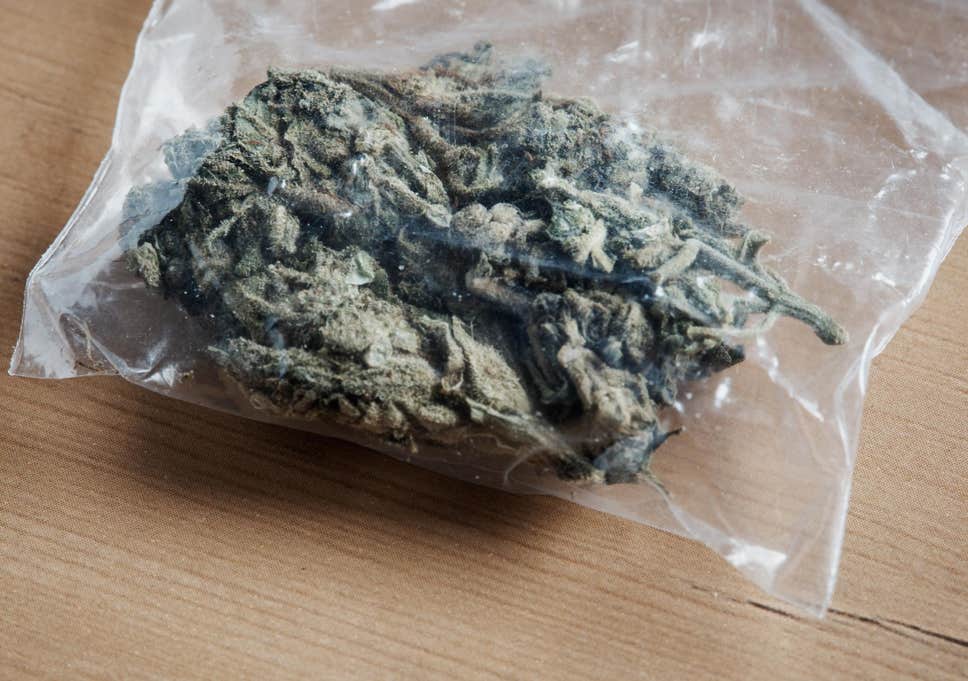A skull/bones filled road known as “road of bones” has been discovered in Siberia, Russia.
Government officials in the country have opened an inquiry into how a skull and other human remains ended up being used to resurface a frozen highway near Irkutsk, Siberia.
The bones, which are thought to be at least hundred years old, were buried in sand that had spread to improve movement on the icy road.
According to reports by Guardian, bones of at least 3 people have been discovered and they were found buried in sand which was spread all over the road..

Speaking on a Russian state TV news broadcast, a local government official from the nearby town of Kirensk said that the bones of at least three individuals have been identified.

He said that the bones may date back to the bloody civil war between the Bolsheviks and White Russian forces that took place immediately after the Russian Revolution in 1917.
The stretch of road where the bones were found is named Timofei Alymov, a Bolshevik leader who fought during the conflict.
The road runs though Siberia, one of the coldest areas on Earth.
The road was resurfaced using sand taken from a nearby graveyard.
Nikolay Trufanov, a local legislator for the ruling United Russia party, wrote on Facebook: “Sand with skulls and bones has been spread on the roads in Kirensk.”
He added: “According to preliminary information, utility workers took sand from territory near a cemetery. I can’t even describe how monstrous it is.”
He then added that he hoped whoever was responsible would be punished.
According to Russian history, the road was built by slave labourers in temperatures as low as -70ºC, and workers who were thought not to be working hard enough were shot by their guards.
Reports say close to 250,000 lives were lost while building the road, which is still regarded as one of the most dangerous highways on Earth.




